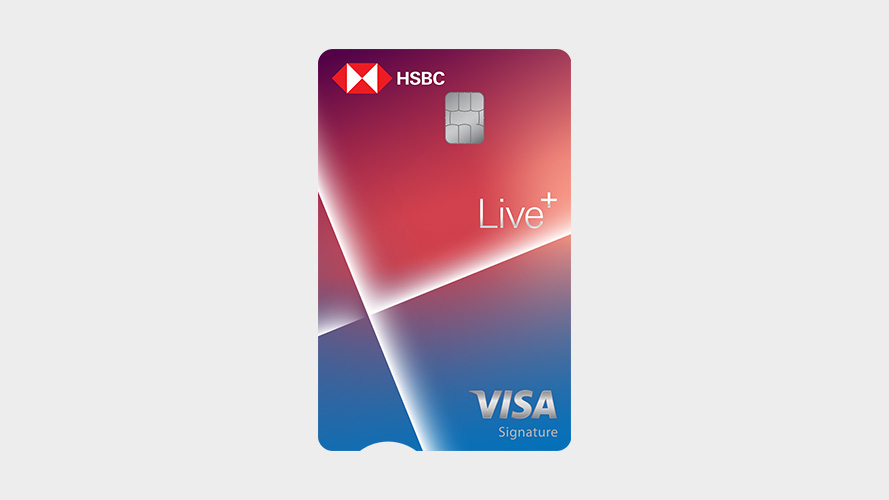
A credit score is a value that reflects your risk in paying off loans and credit card dues. Your credit score is based on your past credit behavior. This is why it's important to have good financial habits as soon as you get your first credit card or avail your first loan.
Your credit score will help banks determine your ability to repay them on time. A low credit score means that you'll have more difficulty in applying for new loans or credit cards. On the other hand, you might enjoy a higher credit limit and faster approvals if you have a high credit score.
Learn more: What’s your credit limit?


Get up to 8% cashback on dining, and 5% cashback on shopping and entertainment with an HSBC Live+ Credit Card.
Your credit data is assessed by credit bureaus and your credit score is provided to lenders who decide if they will allow you to borrow money from them or not.
How can I get my credit score?
You may ask for a credit score assessment from credit bureaus for a fee.
Now that you know how important it is to have a good credit score, always make sure to:

With an HSBC credit card, you can get the latest gadgets, have a home makeover, or shop at your favorite brands at 0% instalment for up to 36 months. Click here for a list of HSBC's 0% instalment merchant partners. If you have an HSBC Red Mastercard or HSBC Premier Mastercard, your instalment purchase even earns bonus points which you can convert to eGCs or special items in our Rewards Catalog.
Explore our range of HSBC Philippines credit cards and apply for a credit card online.
Eligibility for an HSBC credit card: